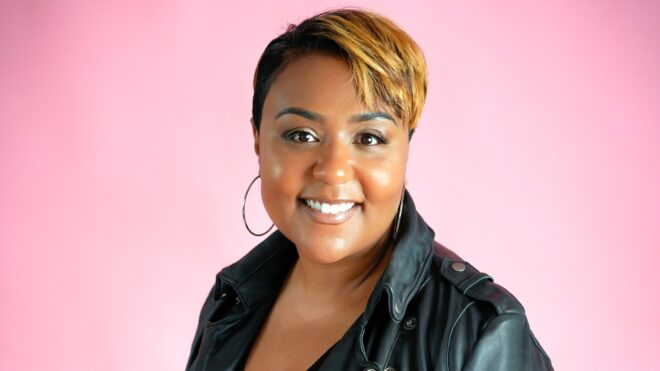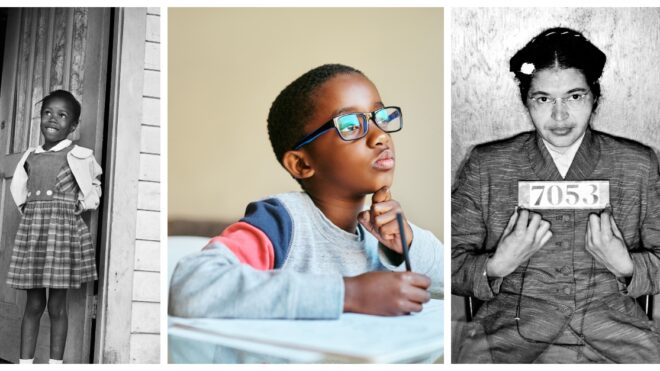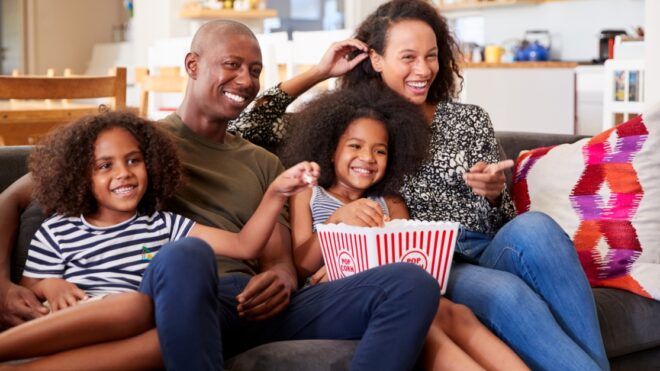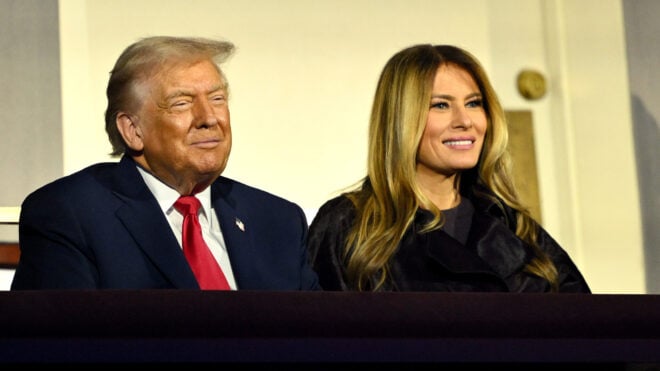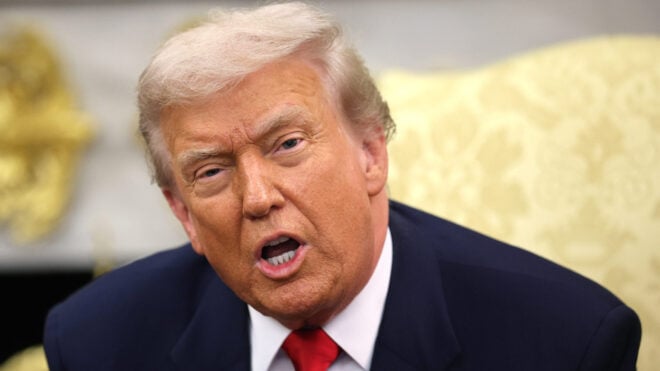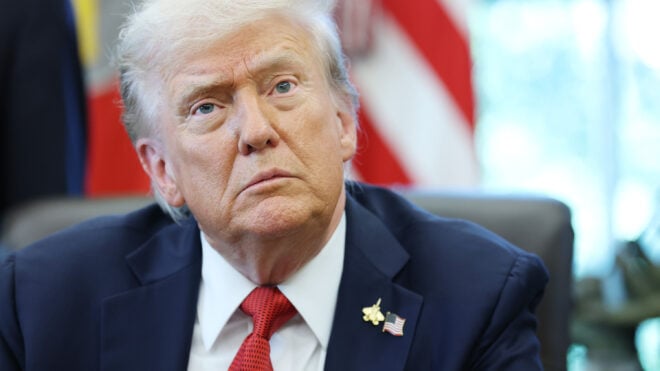
If you lived in the United States last summer, one thing has probably become astoundingly obvious: We still have a long way to go before we achieve true racial equality. Breonna Taylor, Rayshard Brooks, George Floyd, and Daniel Prude all lost their lives at the hands of police in 2020, and these losses served to intensify and empower the Black Lives Matter movement.
Black Lives Matter began back in 2013 as a hashtag; these days it's an international network that fights against racism and violence against Black people. The organization is powerful, and cofounder Alicia Garza has explained to The Economist that its "goal is to build the kind of society where black people can live with dignity and respect."
Despite this global reach, there are still many white families who haven't spoken to their children about racial justice and Black Lives Matter. Some of these families undoubtedly harbor bigotry and racism in their own homes, but a lot of white parents and guardians feel like they don't know how to talk about Black Lives Matter with their kids.
That's unfortunate, and it's also a huge marker of privilege. To paraphrase a popular expression, if Black kids are old enough to experience racism, white kids are old enough to learn how to not be racist.
What is Black Lives Matter?
A lot of people and families can agree that Black lives do indeed matter — this is a basic fact that should never be up for debate. But it seems that a lot of people and families, especially white people and families, don't really know much about the organization Black Lives Matter. And if you don't know about something, it can be very challenging to know how to talk about it.
Black Lives Matter was founded by Alicia Garza, Patrisse Cullors, and Opal Tometi after 17-year-old Trayvon Martin was killed by George Zimmerman. The organization gained ground and followers rather quickly, and in 2014 organizers planned and executed events around the country in response to police shootings and killings.
With a focus on racial and social justice, Black Lives Matter has had a strong presence at demonstrations and marches that call for restructuring police departments, for protecting the lives of transgender people, and for an ending to police shootings. In fact, the organization is considered the modern impetus for marches and rallies that have come after. As Patrisse Cullors explained to ABC News, "[BLM] has popularized civil disobedience and the need to put our bodies on the line. With things like the Women’s March, and Me Too, and March for our Lives, all of these movements, their foundations are in Black Lives Matter."
The short version is this: Black Lives Matter is an international political and social movement that protests racism and racist attacks.
Who supports Black Lives Matter?
Just as Black Lives Matter has been supported by millions of regular, everyday people like you and me, there are also plenty of notable names and faces who have been vocal about their support for the organization. Alex Rodriguez and Jennifer Lopez joined protests in Los Angeles following the death of George Floyd, and Bella Hadid has been particularly vocal about her regular contributions to the organization.
Beyoncé is another famous name who has refused to stay silent. Your kids might also love knowing that Billie Eilish, Drake, Halsey, Harry Styles, and Keke Palmer are all very vocal and physical supporters of the movement.
Why do white families need to talk about Black Lives Matter?
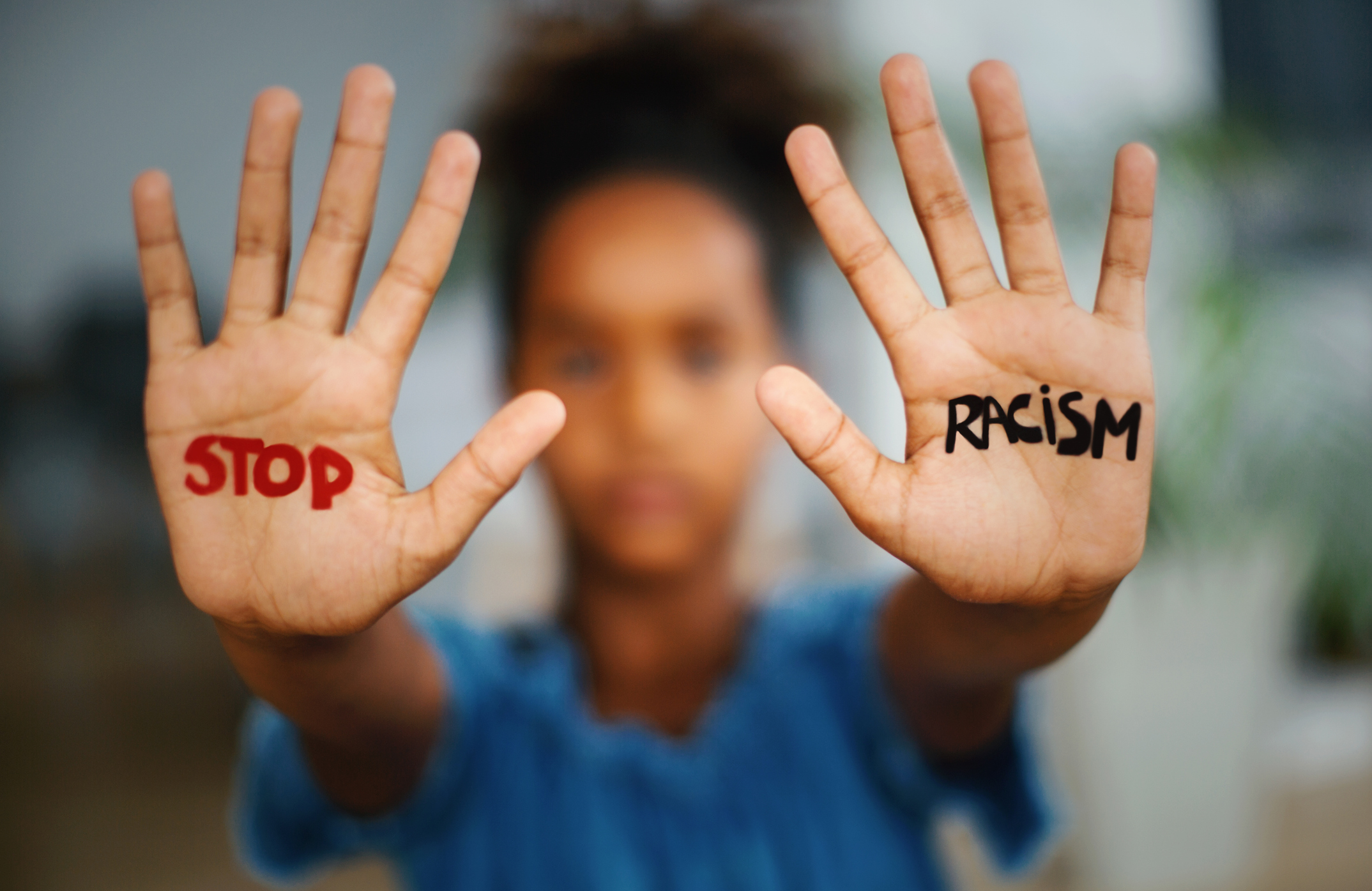
Here's why it's extra important for white families to talk about Black Lives Matter and racial justice with their children, as early as possible and as often as necessary: White people are the ones who are perpetrating most of the violence against Black people in the first place. This truth dates back to at least 1619, when Virginia Governor George Yeardley purchased "20 and odd Negroes" from an English ship.
(For what it's worth: The Spanish brought enslaved Africans to present-day St. Petersburg, Florida, in 1565, and Juan Garrido is largely regarded as the first African American after he arrived in what would become the United States in 1513.)
White families need to talk about racism with their children because pretending racism doesn't exist — or believing it's not important to discuss because it doesn't impact your own family — won't ever help solve racism. Each of us needs to be committed to bringing about true equality, and that isn't going to happen if we let ourselves be too scared, anxious, or willfully ignorant to talk about it.
How to talk about Black Lives Matter
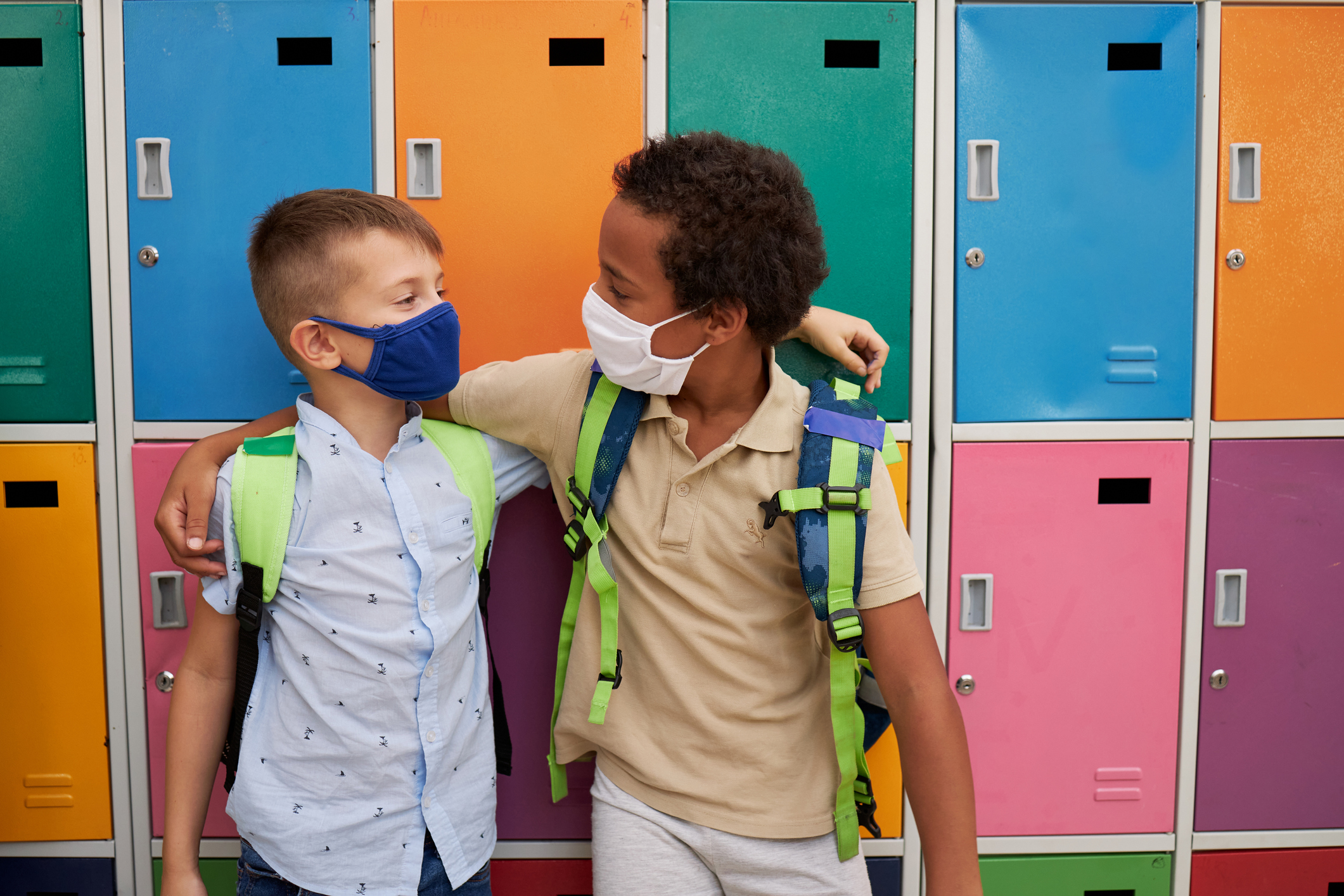
How you talk about Black Lives Matter and racial justice with your kids depends on a few things. For starters, the age of your kids is an important thing to consider, as is your history of talking about racism, social justice, and political topics in the past. You should also examine how you speak about racism and social justice yourself, and what experience you have unpacking your own biases and views.
It's easy to think that because we know a Black person or we vote the "right" way that we aren't part of the problem, but the fact is that many (if not most) white people are raised in a culture of white silence. While that truth is uncomfortable, it's also a powerful jumping off point.
Jennifer Harvey, the author of Raising White Kids: Bringing Up Children in a Racially Unjust America, spoke to NPR about just this topic. She said, "Many white Americans were raised in families that thought that they were teaching equality. The way that they did that was to just say, 'Well, we're all equal' and not say anything more explicit about what it means when you believe everyone should be equal.
"Many members of our society do not experience equality. And so what happens is that in the racist culture we live in — Dr. Beverly Daniel Tatum talks about it as 'smog' — our kids, our youth, we adults just breathe it in. So we end up showing up in racist ways, even when we come from families where equality was the presumed value."
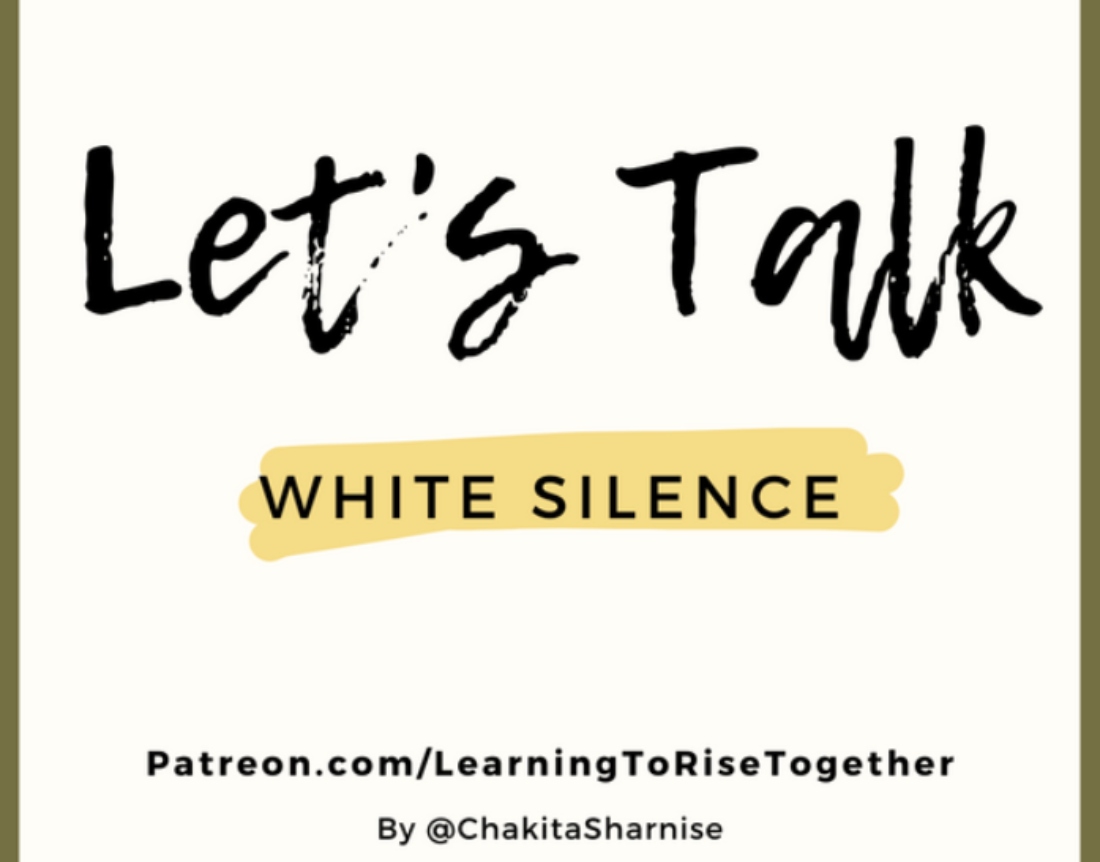
Before you can begin to talk to your kids about racism and social justice, you have to talk to yourself. For a lot of white people, the first step is to begin to dismantle the unconscious biases we likely hold.
The UCSF Office of Diversity and Outreach provides a wonderful resource that explains what unconscious bias is and offers strategies for overcoming it:
- Recognize your own biases.
- Understand why we have unconscious biases in the first place.
- Have conversations with people from all kinds of backgrounds.
- Enroll in classes or courses that help white people combat unconscious biases (to this end: Chakita Sharnise has an excellent program that takes anywhere from 30 minutes to two hours a month to work through).
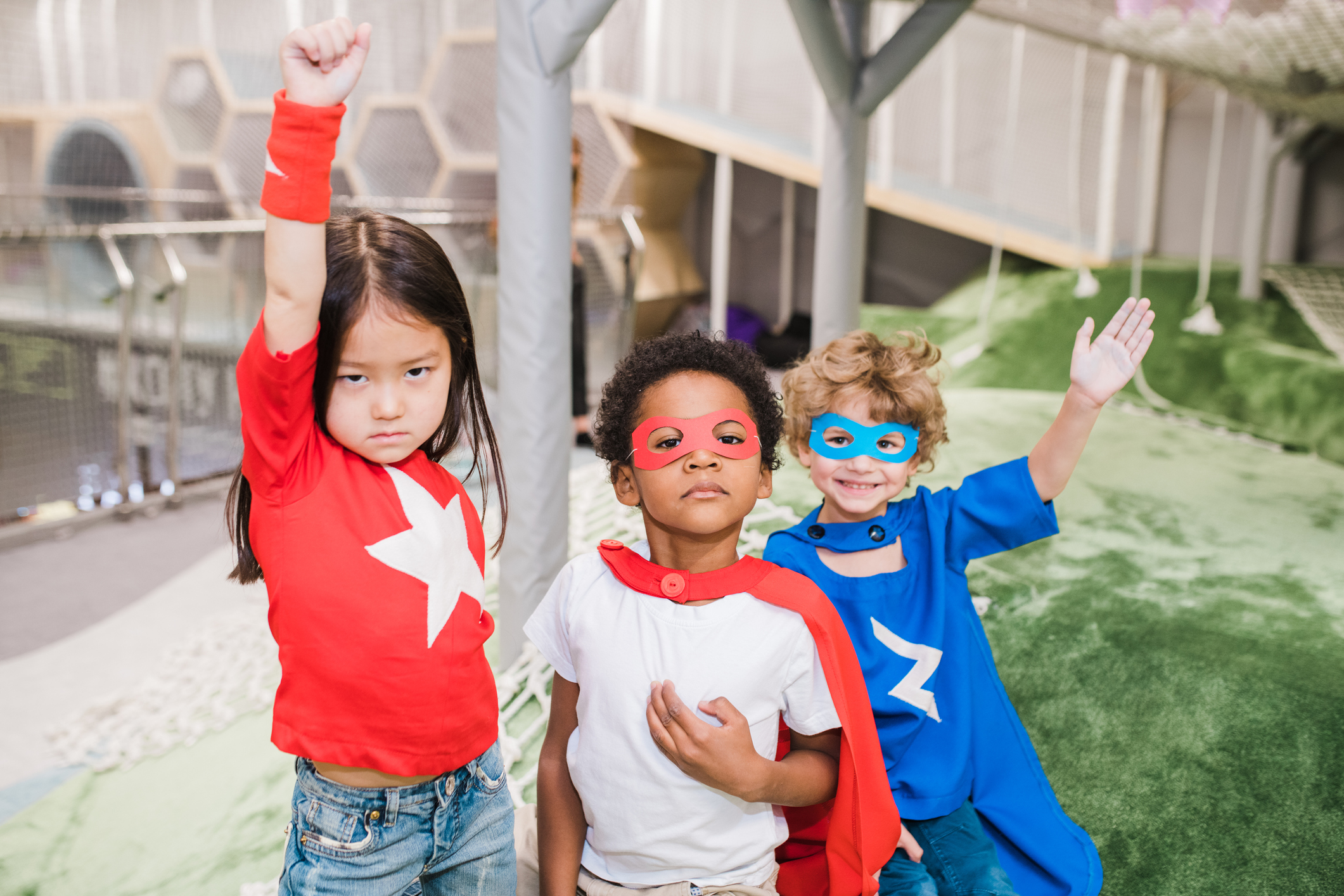
A lot of white parents want to know exactly how to talk to their children about racism and Black Lives Matter, and the reality is there is no one-size-fits-all approach. There are general guidelines and things to keep in mind, but how you speak to your kids about what really matters is in part a personal choice.
In an ideal world, we would all live in communities that are racially, ethnically, and socio-economically diverse. It's easy to make another person or even a group of people into an "other" when you're never around them. Unfortunately, white people have managed to create a reality in the United States that often means it's easy for a white person to live their entire lives without ever meaningfully interacting with a Black person or a person of color.
When your children are very young, it's important to remember that even if you don't think they can understand a lengthy explanation, they still understand and experience confusion, fear, and uncertainty. If you're angry about something that has happened in the world, your kid will probably pick up on it. It's important to really step up to the plate and address the realities of the world our children live in.
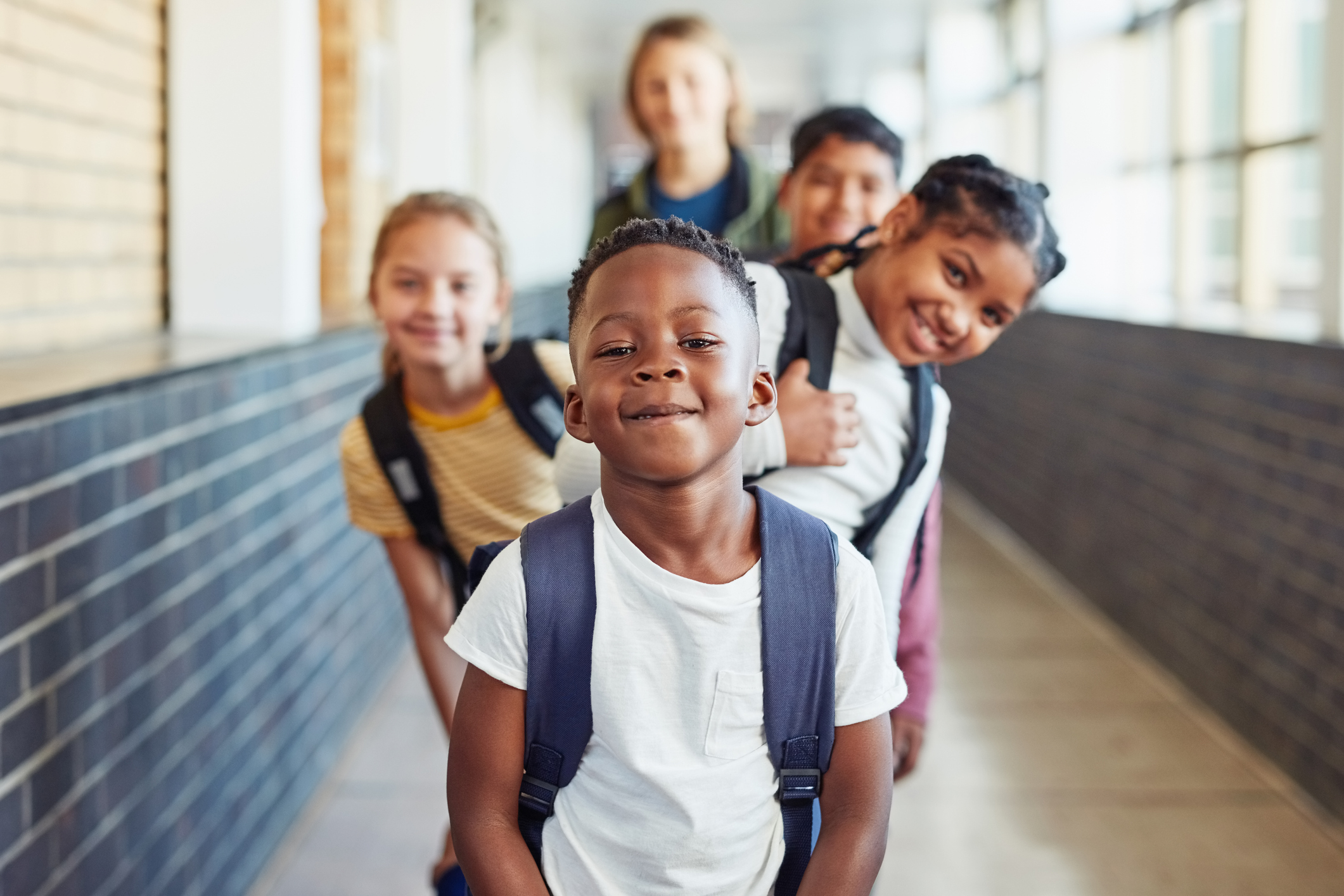
Many experts agree that if you can't expose your child to diversity in your own neighborhood, it's important to do your best to expose your child to diversity as much as possible everywhere else. This can mean choosing to send your child to schools that have Black teachers and teachers of color. This could mean traveling to diverse cities and countries. This could mean reading children's books that feature Black characters, and taking your child to Black doctors and dentists.
Parents offers great advice for what to do when your child begins to verbalize the differences that they see in others. Try saying something like, "Yes, he does have brown skin. It's not the same as yours, but it's a really nice color, too."
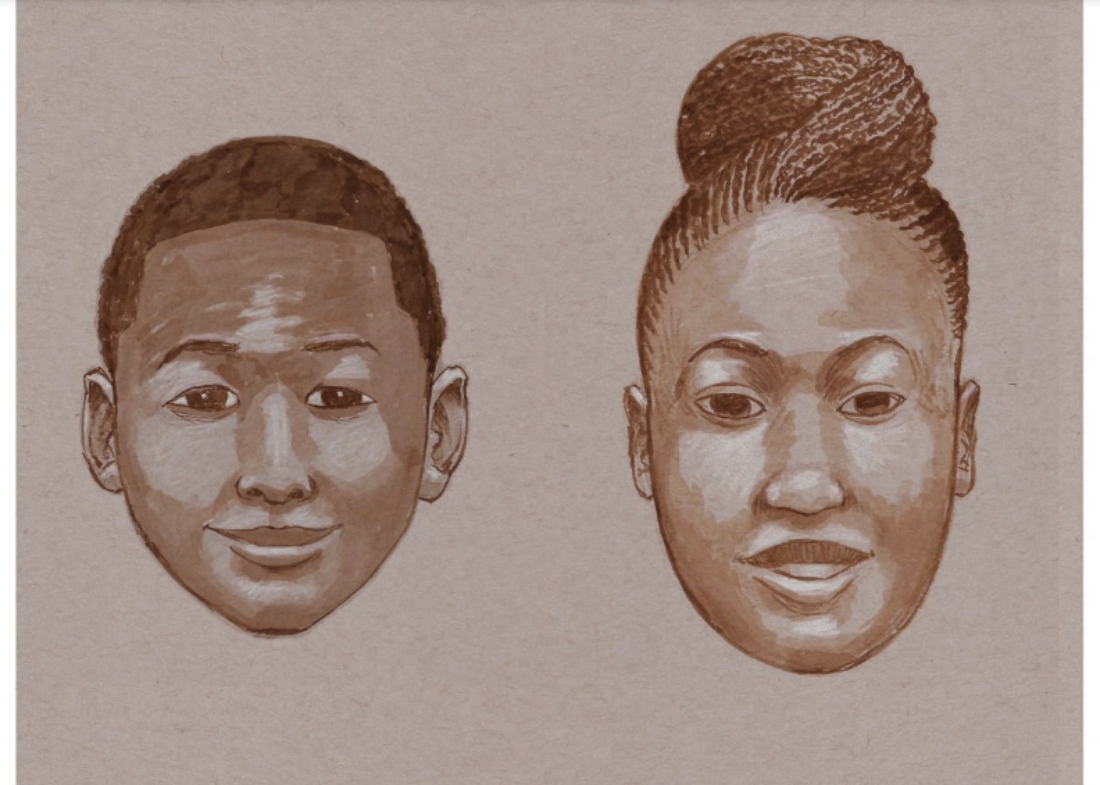
In my own experience, the more I talked to my young child about racism and social justice, the easier it became to have those conversations. He's nearly 12 now, and he has a strong understanding of what Black Lives Matter means and what the organization is about. He's not scared to ask a question about anything, and I do my best to answer the question or to admit that I don't know the answer and to offer to learn what it might be together.
If you didn't build a foundation of talking about Black Lives Matter and racial justice with your children when they were young, it's never, ever too late. Black Lives Matter even put together a toolkit called #TalkAboutTrayvon: A Toolkit for White People on the Fifth Anniversary of Trayvon Martin's Death. While the toolkit is designed for having conversations on social media, each prompt could be adapted to be used to start conversations at home, too.

